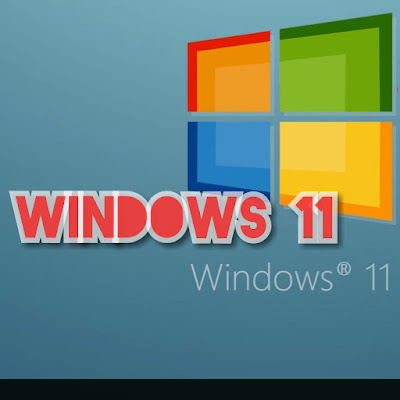"The Windows 10 operating system will be the latest release of the company's Windows versions," said Jerry Nixon, development manager at Microsoft.
The company confirmed what Nixon said when it said it would update existing versions of Windows "down", but would not develop new independent versions of the system.
Instead of producing new releases, the company will make periodic updates to the operating system. Nixon made the remarks at the Microsoft Ignate conference in Chicago this week.
In a statement, Microsoft said Nixon's comments "reflect a change in software development." "Windows will be transformed into a service that includes innovations and ongoing updates," it said, predicting Windows will continue for years and years to come.
Windows 11
The company said it did not name the new operating system it would develop after Windows 10. "There will be no Windows 11," said Steve Kleinhanz, vice president of research at Garner, which is following Microsoft.He added that Microsoft intended not naming the version that was developed after the Windows 8 as "Windows 9" because she wanted to send a message to users to the effect that it was separated from the past completely, so the last operating system was in Windows is "Windows Series 10", a reference to it would not be There are more versions of Windows. But he stressed that working in this way led to problems faced by Microsoft and its customers. "Every three years or so, Microsoft will release a good operating system," he says. "The developers will be developing a new system to produce a product that is based on what the world needs in three years."
Microsoft has spent a lot of money on the company and has made marketing efforts to convince people that they need a new version of the operating system and better than any previous version. He praised the halt in the development of new versions of Windows and turning them into a continuous service, as developers push to produce more software, test new features and identify the opinion of customers in what they produce.
A positive step
Kellenhans explained that most of Microsoft's revenue comes from PC sales, so revenues will not be affected by Windows's shutdown. "The move is generally positive, but it involves some risks," he said. "Microsoft has to work hard to develop new updates and features, but the question remains about how users can keep up with those changes and how Microsoft will provide the support needed to do that." He stressed that the move Microsoft will take does not mean leaving the company in a state of stagnation and stopping progress.He pointed out that, on the contrary, is expected to increase the speed of updates to Windows operating systems.






No comments:
Post a Comment